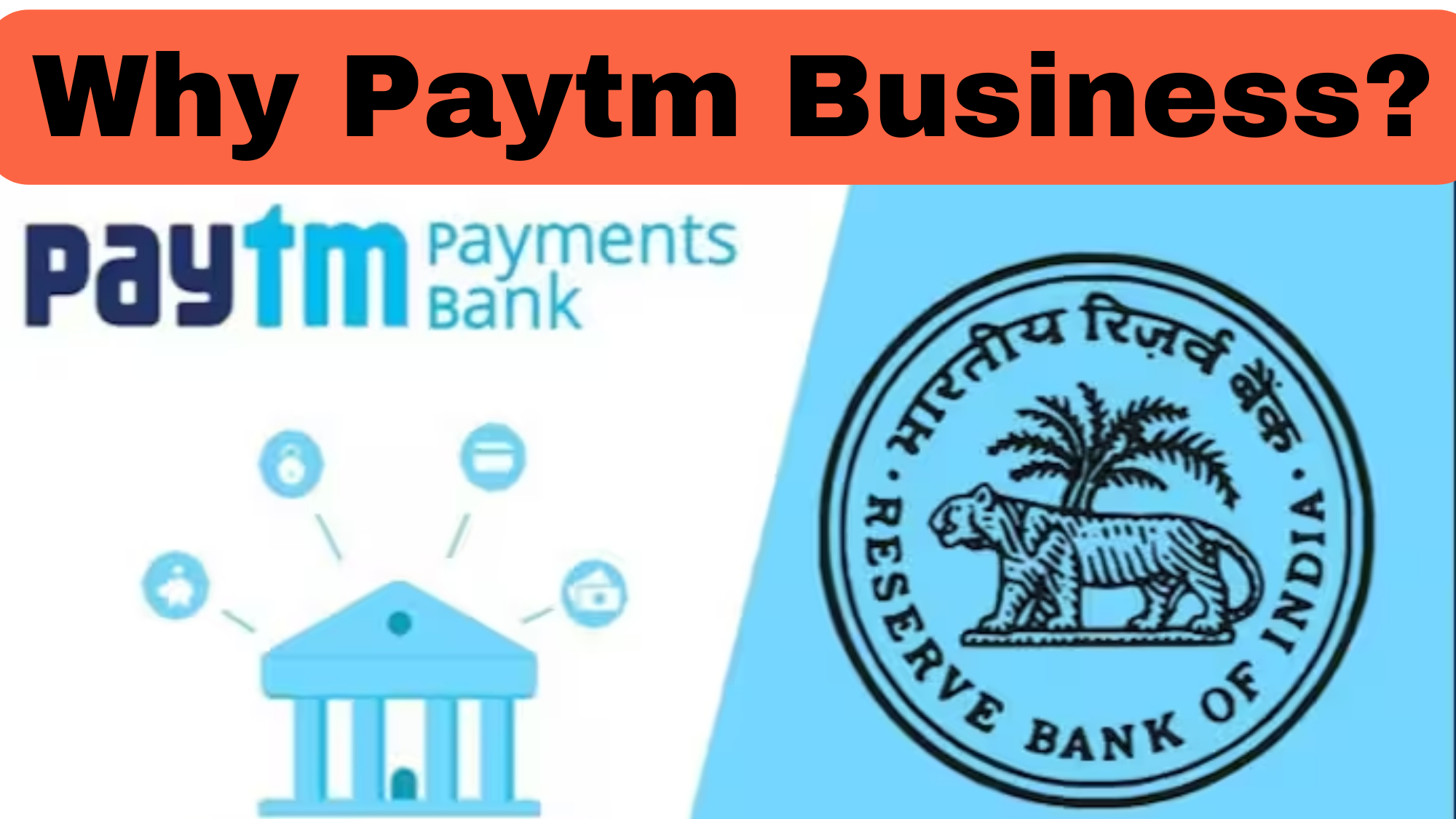

Why Paytm Business ? will not accept deposits
Paytm, a major player in the fintech industry, is facing ongoing problems.
The Reserve Bank of India (RBI) is reportedly considering revoking Paytm Payments Bank’s operating license next month.
This move could happen after the February 29 deadline once the bank’s customers’ deposits are secured, according to Bloomberg.
Also read; Why Medical Tourism is Important? The importance of medical (investonomic.co.in)
The RBI has barred Paytm Payments Bank from offering banking services such as UPI and fund transfers after the deadline.
This decision follows the bank’s “persistent non-compliances and continued material supervisory concerns.”
The reported findings of the RBI’s system audit into Paytm Payments Bank’s KYC processes highlight significant lapses in adherence to anti-money laundering laws.
The audit revealed that the bank did not conduct thorough background checks on the source of funds before onboarding clients.
Additionally, it was found that there were large volumes of transactions via merchant accounts where proper KYC measures were not taken to establish the origin of funds.
The audit also uncovered instances where the KYC during onboarding was inadequate and conducted by partner firms with which the payments bank had a tie-up.
Despite these deficiencies, the bank allowed these merchants to transact.
The lack of proper documentation to establish the origin of funds, even for transactions within the banking system, raised concerns about the movement of dubious funds.
Also read; राष्ट्रीय पेंशन योजना (एन पी एस); लाभ और महत्व (investonomic.co.in)
As a result of these findings, a show cause notice was issued to the company, indicating that the RBI is taking these lapses seriously. These findings, coupled with the RBI’s consideration of revoking Paytm Payments Bank’s operating license, suggest that the bank is facing significant regulatory scrutiny and potential consequences for its non-compliance with KYC regulations.
As a result, Paytm’s stock has taken a hit, dropping 20% in two consecutive trading sessions.
Despite this, Morgan Stanley Asia (Singapore) recently purchased Paytm shares worth INR 243.6 Cr, acquiring a 0.79% stake in the company.
Disclaimer: It’s important to note that the information provided is for educational purposes only, and any buying or selling of stocks based on this information may result in significant financial loss.



